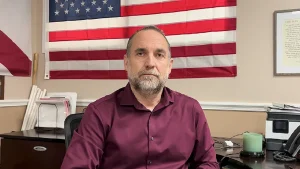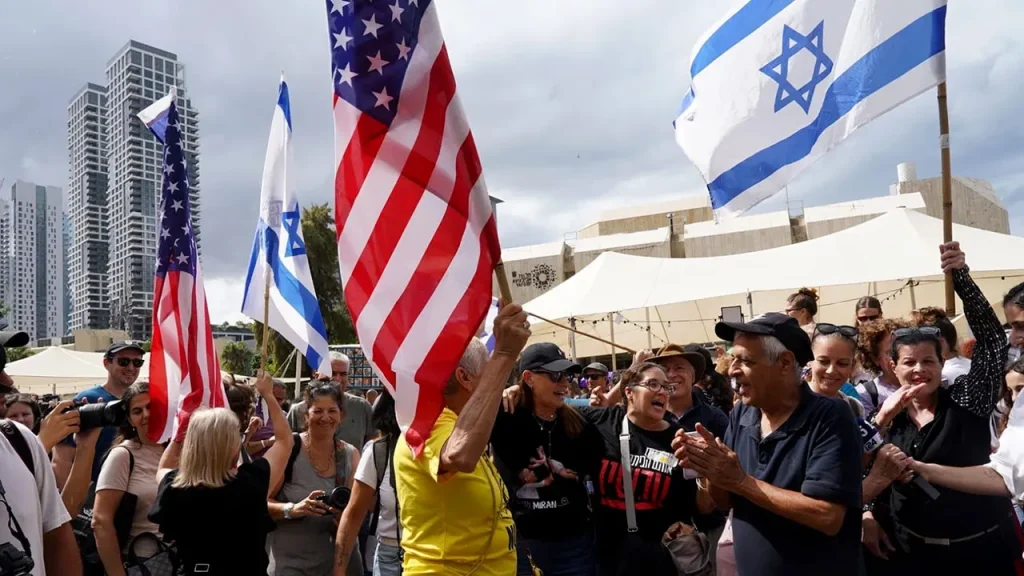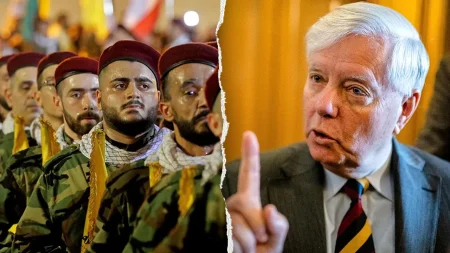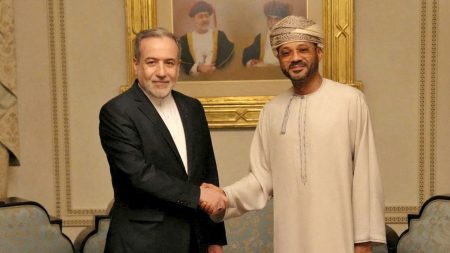A Moment of Joy and Relief: Israel’s Reaction to Trump’s Hamas Peace Deal
In the heart of Tel Aviv’s Hostages Square, a remarkable scene unfolded as Israelis gathered to celebrate what many had begun to think impossible. After 733 days of anguish, President Donald Trump announced the first phase of a peace deal between Israel and Hamas that would finally bring home the remaining hostages taken during the October 7, 2023 attacks. The square, which had been a site of vigils and protests for two years, transformed into a place of jubilation. Supporters waved American flags, some wore Trump masks, and many held signs expressing gratitude to the American president. Amid the celebration, Daniel Lifshitz, whose grandfather Oded was abducted from Kibbutz Nir Oz and later killed in Hamas captivity, expressed profound relief: “I am overjoyed, overwhelmed, happy — all the good feelings in the world.” For families like Lifshitz’s, whose loved one’s remains were only returned in February 2025, this agreement represents more than politics—it offers closure to a wound that has remained painfully open.
The announcement came as a watershed moment for Israelis who have lived in a state of collective trauma since the Hamas attacks. Trump’s deal promises the release of all remaining hostages, with Israel withdrawing troops to an agreed-upon line “as the first steps toward a strong, durable and everlasting peace.” The scene at Hostages Square captured the emotional weight of this moment, with citizens like Galit Even-Chen breaking into tears as she explained, “I feel the need to identify with happiness, to share in the families’ joy, to be here and believe that it’s really happening.” Her words reflect the complex emotions of a nation still processing its trauma while desperately reaching for hope. “Until the last hostage comes back, it’s not over,” she added. “We are still in trauma; we’re not even post-trauma yet. We still need to understand what happened here. It feels unreal—and today is a kind of catharsis.”
For families of the 48 hostages still held by Hamas, the announcement brings both hope and trepidation. Harrosh Menashe, uncle of Elkana Bohbot who was taken at the Supernova festival and is presumed alive, described a feeling of cautious optimism: “We already feel somewhat lighter, not as heavy as before. We hope to return to what we once were—but it must happen as soon as possible.” His mixed emotions capture the sentiment of many Israelis who dare to hope while remaining grounded in the reality that the process is just beginning. The Hostage and Missing Families Forum expressed “deep gratitude” to Trump while emphasizing that their mission continues: “Our moral and national duty is to bring them all home, both the living and the fallen. Their return is essential for the healing and renewal of Israeli society as a whole. We will not rest, and we will not be silent until the last hostage is home.”
Behind the scenes, preparations for the homecoming have already begun. The Israeli military has established a dedicated reception area at the Re’im base near the Gaza border, where the first 20 living hostages will receive immediate medical attention before reuniting with their families. Hospitals across Israel have cleared specialized departments, preparing for the complex medical and psychological care these survivors will require after their long captivity. These practical arrangements underscore both the hope for reunion and the acknowledgment of the profound trauma these hostages have endured. For families who have spent two years advocating, protesting, and maintaining hope against dwindling odds, these preparations represent something tangible after endless uncertainty.
The impact of this agreement extends beyond the immediate release of hostages. Earlier in the week, families of the hostages sent a letter to the Norwegian Nobel Committee, urging them to award the Nobel Peace Prize to Trump for making “possible what many said was impossible.” The letter stated, “In this past year, no leader or organization has contributed more to peace around the world than President Trump. While many have spoken eloquently about peace, he has achieved it.” In response, Trump and First Lady Melania sent a letter expressing their appreciation: “My entire administration has been touched by the fact that, through the unimaginable pain and suffering of spending two years not knowing where your loved ones are, you have continued telling their stories and advocating on their behalf.” This exchange highlights how the hostage families have become not just victims but powerful advocates whose persistence has helped shape international diplomacy.
As Israel stands at this potential turning point, the mood in Tel Aviv reflects the complicated nature of hope after prolonged suffering. The jubilation is genuine but tempered by awareness that the journey remains incomplete. Daniel Lifshitz’s poignant observation captures this duality: “When your loved one is a deceased hostage, your soul can’t rest. You don’t know what to do; you don’t have a place to mourn. You can’t invent a grave and go there.” For him and countless others, this agreement offers the beginning of closure—a chance to properly grieve, to heal, to imagine a future beyond the shadow of October 7. As crowds filled Hostages Square chanting “The people of Israel live,” their celebration honored not just the prospect of peace but the resilience that sustained them through two years of waiting. “We will be here until the last one is brought home,” Lifshitz promised, “but today is a holiday.”















